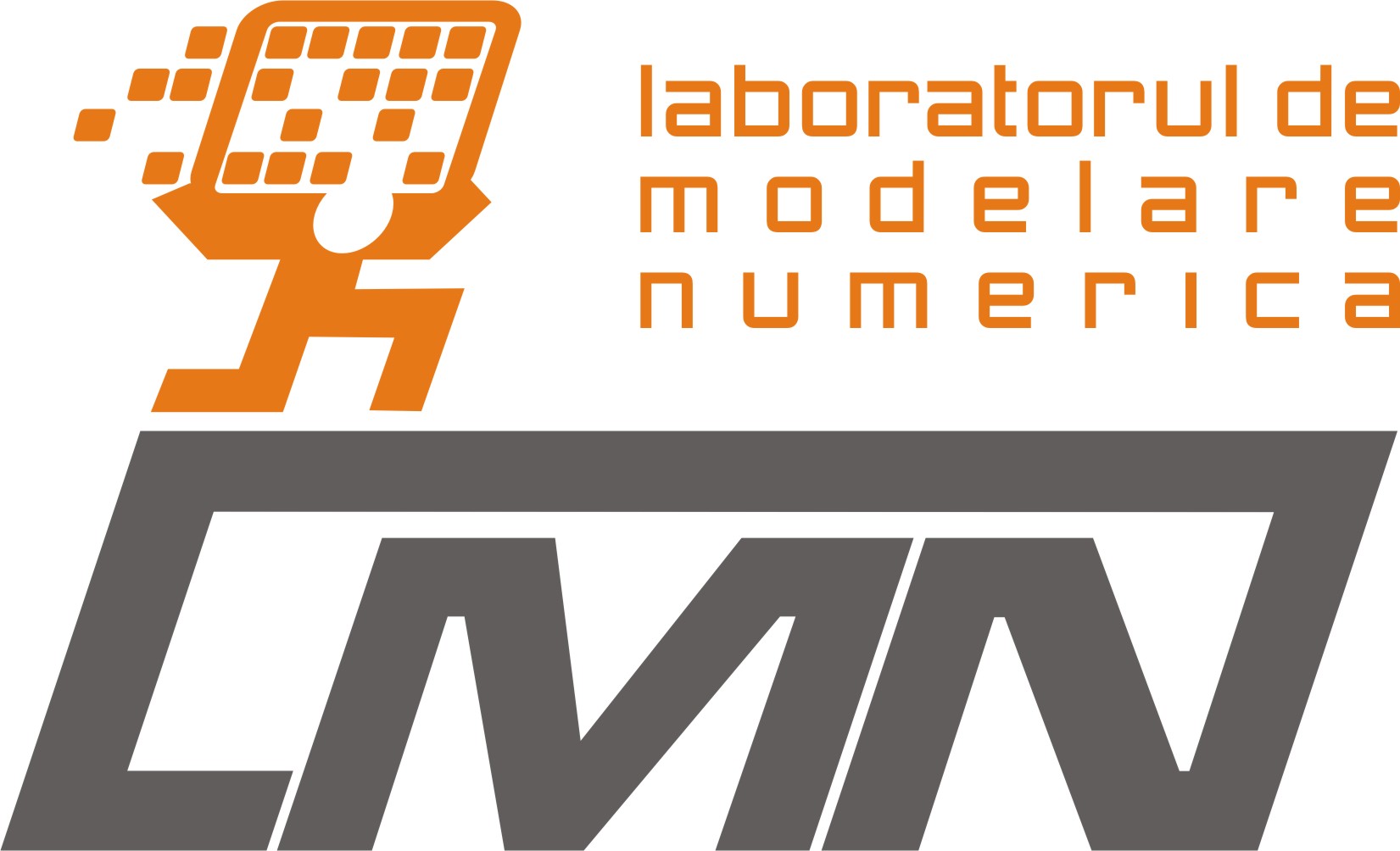![]()
|
Activities/Measures |
Content of the research and engineering work of ER fellows |
|
Fellow on F1 position: · Common research and development · Training of the local staff & Consulting · Demonstrations and training on HPC equipment · Dissemination & use · Complementary skills |
· Design of the PC cluster (Beowulf type) and supervision of the PC cluster installation; · Installation of software and documentation on PC cluster; · Configuration of PC cluster as a HPC system. Benchmarking; · Training of the PC cluster administrator. Management skills; · Set-up of the procedure for software development on PC cluster; · Development of software modules for nEDA platform, installed on PC cluster, together with local researchers (code parallelization); · Integration of PC cluster in the local and international grid; · Training on programming distributed architecture systems; · Use of parallel libraries such as NetLib and MPI on PC cluster. |
|
Fellow on F2 position: · Common research and development · Training of the local staff & Consulting · Demonstrations and training on HPC equipment · Dissemination & use · Complementary skills; |
· Installation of Grid software and documentation on HPC system; · Benchmarking of HPC system with SMP architecture; · Training of the HPC system administrator. Management skills; · Set-up of the procedure of software development on HPC system; · Development of software modules for nEDA platform, implemented on HPC system together with local researchers (code parallelization); · Integration of HPC system in the international grid; · Programming parallel architecture systems; · Use of parallel libraries such as OpenMP and HPC-NetLib; · Training on program speed, memory hierarchy, performance benchmarks and precision, relationship among architecture, language and performance. |
|
Fellow on F3 position: · Common research and development · Courses to the local staff & Consulting · Lectures for Master and Doctoral programs; · Demonstration · Dissemination & use · Complementary skills; |
· HPC - High Performance Computing techniques on both distributed and parallel architectures, European Grid development; · Software Engineering: principles, methods and tools: Object Oriented Design, Quality Assurance of software projects; · Applied Computational Methods in CSE ; · Scientific subroutine libraries and repositories: BLAS, ScaLAPACK, HPC - NetLib, and NAG; · Solving of large system of linear equations by direct (sparse matrices solvers) and iterative methods (Krylov, preconditions); · Computational methods for the numerical solution of partial differential equations. Software environments: PETSc; · IPR and scientific project management (including FP7 proposals); · Common research within nEDA team. |
The local staff will receive training not only in scientific and technological aspects, but also in broader skills. A special attention is focused on the training in complementary skills such as IPR and project management for all researchers. The development of ToK fellows' career will not be neglected.
As it was mentioned before, the knowledge transfer within the proposed project is planned to take place exclusively with activities of in-going type. Therefore in this project there are no planned secondments and visits to other pre-determined partner organizations in another Member State, Associated States or third country.
After the proposed ToK project will be successfully completed, the following advances in the HPC (High Performance Computer systems) technology are expected for the host capabilities:
· A functional cluster of PCs, Beowulf type, designed and installed by the hired ToK experts;
· A functional hybrid Grid, which interconnects a system with a distributed architecture (PC cluster) and an existing system with parallel (SMP) architecture, including its effective administration;
· The connection of the local HPC resources with international ones, using shared-resource model and Grid technology, resulting a virtual organization (dedicated to new FP7 proposals, partners, topics);
· Set-up by ToK experts of a coherent, comprehensive, easy-to-use software development system;
· Training and demonstrations with advanced computational tools, tuned for nEDA, on such system;
· Know-how for management of the software development and quality assurance procedures;
· Restructured of existing HPC Center, aiming the increasing of its efficiency and user-support.
